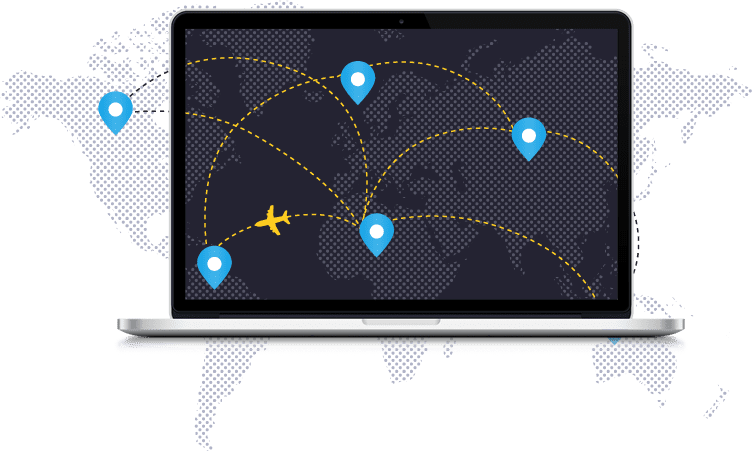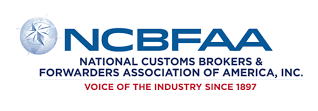INTERNATIONAL FREIGHT FORWARDER
EASY, FAST & RELIABLE SHIPPING
Fast and reliable, door-to-door, custom freight forwarding solutions for full container load (FCL) and less than container load (LCL). Competitive pricing and ability to negotiate prices with multiple global and domestic ocean, air, rail and trucking partners so you save big on your shipping costs. We make it easy for you.
Additional Information on
International Freight Forwarding
Industries served
Countries
Customers since 1976
FCLs imported
Years of Experience
TARIFF CODE REVIEW
LOWER DUTY RATES MAY BE POSSIBLE
The Dedola Difference
Air, Ocean & Land Logistics
Import, export, customs, compliance, warehousing, packaging, distribution, delivery, supply chain management - we take care of all the logistics.
Ocean, air, rail or road: we have partners in 190 countries committed to making your supply chain sustainable, efficient, and reliable.
Complete solutions to ship your goods from the manufacturer straight to your customer’s door.
Competitive pricing and ability to negotiate prices with multiple partners to help you save big on your shipping costs.
Customized, end-to-end solutions, including full container load (FCL) and less than container load (LCL) pricing.
Dedicated Dedola logistics specialist assigned to your account and to track your goods. Excellent customer support.
45 years of logistics expertise, best-in-class support, 24/7 tracking transparency, and always looking for an edge for our clients.
Our goal is for you to be so confident in our ability to deliver your product that you can devote your energy towards the core aspect of your business – John Dedola
Clients




24/7
SHIPMENT TRACKING

Know where your cargo is at all times, view real-time shipment information from your mobile phone or computer.
Our TRAKIT system allows you to monitor your goods, manage your inventory, generate custom reports, receive custom email notifications with industry best inquiry response time, and instant messenger – to communicate directly with your account representative.
CERTIFICATIONS & AFFILIATIONS






CHINA
HEADQUARTERS
167 JiangNing Road, Jingan District
Shanghai 200041, China
EMAIL: [email protected]
GLOBAL COVERAGE IN
190 COUNTRIES
International Freight Forwarder Solutions





